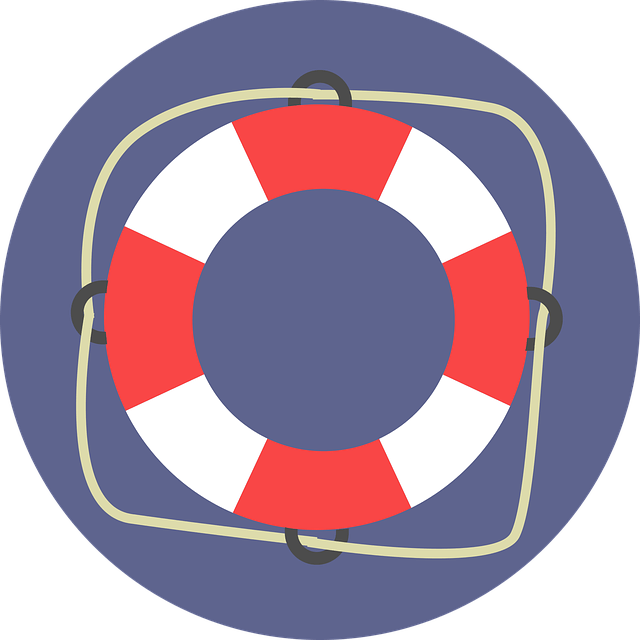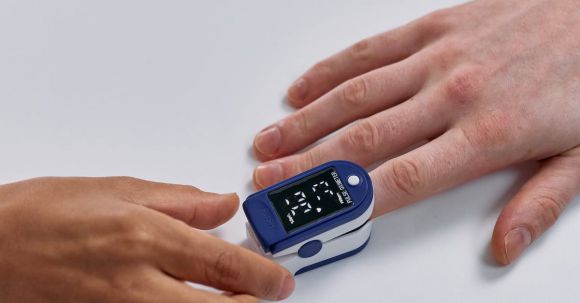In today’s fast-paced world, monitoring our health has become more important than ever. One essential aspect of our well-being is monitoring our heart rate. Whether you are an athlete looking to optimize your training or someone with a heart condition who needs to keep a close eye on their heart rate, having a reliable heart rate monitoring device is crucial. With so many options available on the market, it can be overwhelming to choose the right one. To help you make an informed decision, we have compiled a list of features to look for in a heart rate monitoring device.
Accuracy
The most important feature to consider when choosing a heart rate monitoring device is accuracy. You want a device that provides reliable and precise heart rate readings. Look for a device that uses advanced sensor technology to ensure accurate measurements. It should be able to capture your heart rate in real-time, allowing you to monitor any fluctuations during exercise or at rest. Accuracy is crucial to help you track your progress and make informed decisions about your health.
Comfort and Fit
Another crucial factor to consider is the comfort and fit of the heart rate monitoring device. You want a device that is comfortable to wear for long periods, especially during intense workouts. Look for a device that offers adjustable straps or bands to ensure a snug fit. It should be lightweight and not restrict your movement. The last thing you want is a device that feels cumbersome or gets in the way of your activities.
Connectivity and Compatibility
With the advancement of technology, heart rate monitoring devices now come with various connectivity options. Look for a device that is compatible with your smartphone or other smart devices. It should have Bluetooth or Wi-Fi connectivity so that you can easily sync your heart rate data to your preferred fitness app or platform. This feature allows you to track your heart rate trends over time and set goals for improvement. Additionally, some devices offer the ability to receive notifications, such as text messages or calls, directly on your device.
Battery Life
Having a heart rate monitoring device with a long-lasting battery life is essential, especially if you plan to use it for extended periods. Look for a device that offers at least 24 hours of continuous heart rate monitoring on a single charge. This will ensure that your device can keep up with your active lifestyle without constantly needing to be recharged. Some devices even offer sleep tracking features, so having a good battery life ensures that you can monitor your heart rate throughout the night.
Water Resistance
If you are someone who enjoys swimming or regularly engages in water-based activities, consider a heart rate monitoring device that is water-resistant. Look for a device that offers a high level of water resistance, such as IP68 or above. This will allow you to monitor your heart rate even while swimming or in wet conditions. Keep in mind that not all devices are suitable for underwater use, so make sure to check the specifications before making a purchase.
In conclusion, when choosing a heart rate monitoring device, it is crucial to prioritize accuracy, comfort and fit, connectivity and compatibility, battery life, and water resistance. By considering these features, you can find a device that meets your needs and helps you monitor your heart rate effectively. Remember to do thorough research, read reviews, and compare different models before making a decision. With the right heart rate monitoring device, you can take control of your health and make informed choices to improve your overall well-being.




